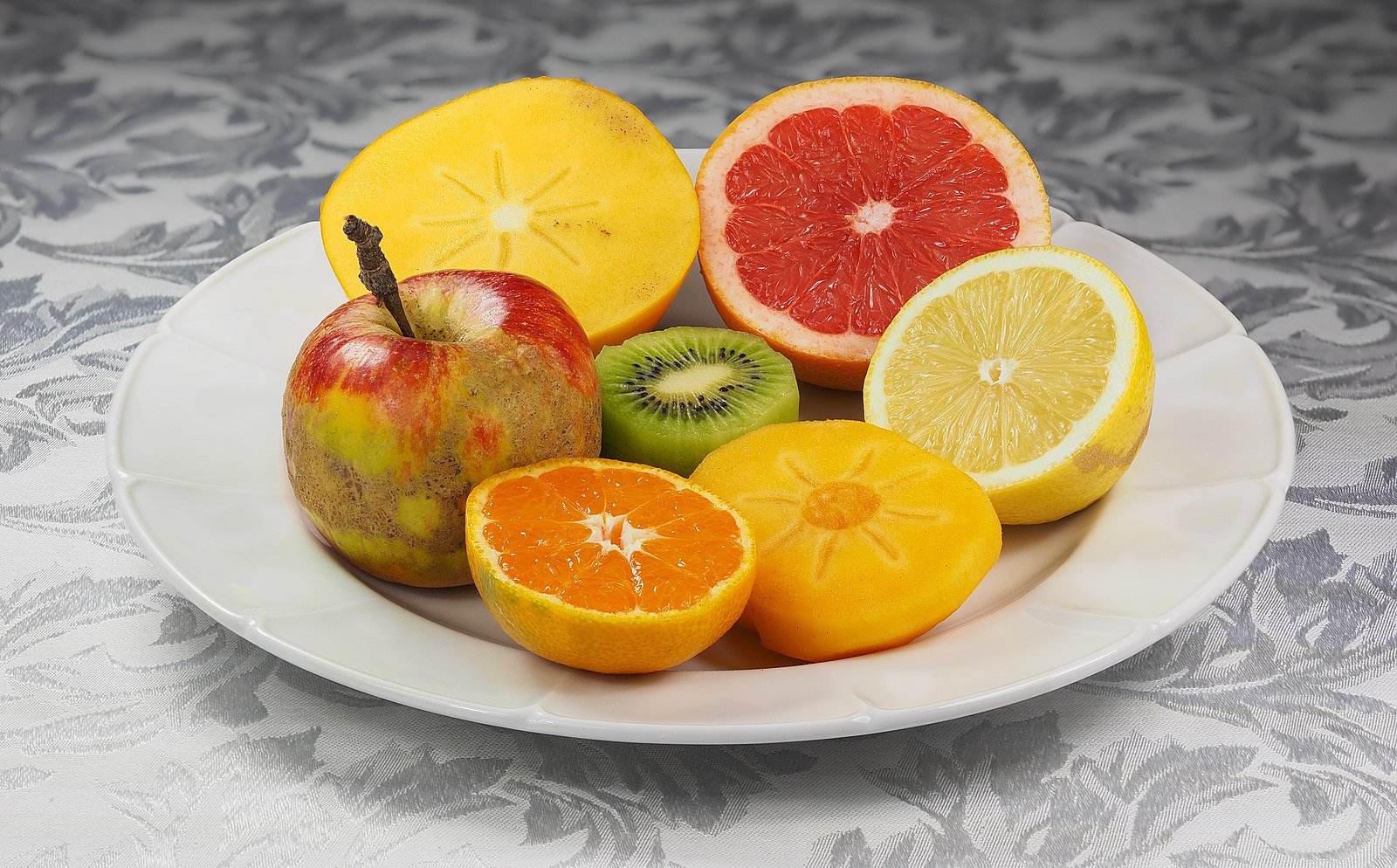Comments
- No comments found

There is a recent study “Frequency of fruit consumption and savoury snacking predict psychological health; selective mediation via cognitive failures” expressing that fruits and vegetables are great for wellbeing and against depression.
The lead author of the study expressed that “very little is known about how diet may affect mental health and wellbeing, and while we did not directly examine causality here, our findings could suggest that frequently snacking on nutrient-poor savory foods may increase everyday mental lapses, which in turn reduces psychological health.
Other studies have found an association between fruit and vegetables and mental health, but few have looked at fruit and vegetables separately — and even fewer evaluate both frequency and quantity of intake.
Both fruit and vegetables are rich in antioxidants, fiber and essential micronutrients which promote optimal brain function, but these nutrients can be lost during cooking. As we are more likely to eat fruit raw, this could potentially explain its stronger influence on our psychological health.
It is possible that changing what we snack on could be a really simple and easy way to improve our mental wellbeing. Conversely, it is also possible that the forthcoming restriction of processed snack foods at checkouts, due to come in this October, could not only improve the country’s physical health, but mental health too. Overall, it’s definitely worth trying to get into the habit of reaching for the fruit bowl.”
In contrast to what the author said, very little is not known about how diet affects mental health and wellbeing.
The problem with generalizations of this helps mental health or that does, without a mechanism tapers required precision—to be useful for care.
What is mental?
What are the components of mental?
What happens within the mind that something else can come in to jolt, reducing the effect of the former?
Simple.
Mental is thought and memory. If there is clinical or non-clinical depression, it has an effect on thought and memory [as constructs] of experiential interactions.
If anything is good for mental health, it plays a role in what becomes positive for thought and memory, if it is bad for mental health, it plays a negative role for both.
There is a lot of focus on cellular and molecular aspects of the brain, but their construct [which neuroimaging does not show] exceeds those, as what matters to interactions with the world.
At the molecular level, micronutrients may support synaptic processes, but what it means for thought and memory tops.
It is postulated that sensory integration [at the thalamus and olfactory bulb] is into thought or a form of thought. It is what gets relayed for interpretation: to know, to feel and to react.
Theoretically, it is thought or its form that the memory stores. Whatever is external exists as a version of thought to the brain. Thought goes into the memory as stores or capsules in the smallest of units. It is this small unit that transports across to groups to relate and understand.
Fruits may be useful in aiding this transport, or removing a group from the prime spot, and so on, to change mental health but fruits do not do so in a vacuum, or have something that is hard to understand beyond the constructs of thought and memory.
Leave your comments
Post comment as a guest